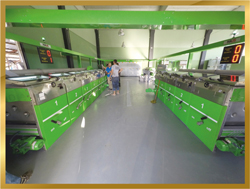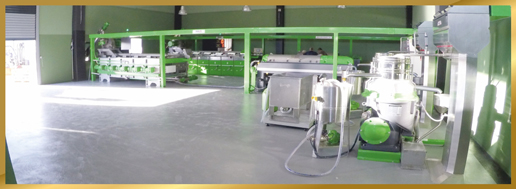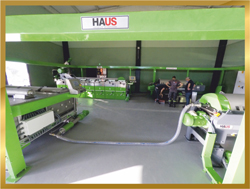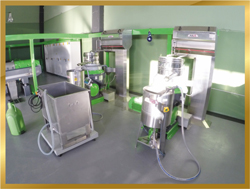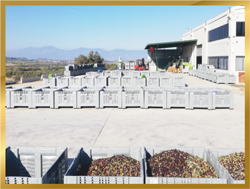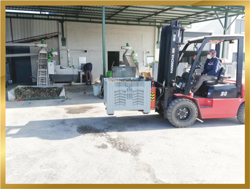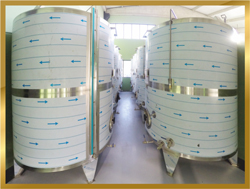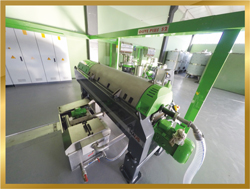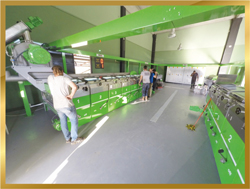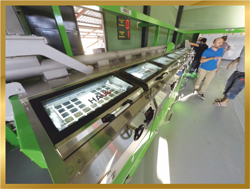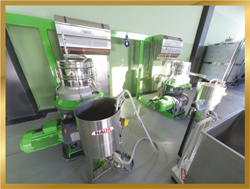THE STORY OF OLIVE
From Akkoy’s Ancient Groves to Your Table
The olive tree is a silent witness to civilization. Sprouting its first seeds in the fertile soils of Mesopotamia, this sacred tree has stretched across the Aegean coast, sustaining humanity for millennia. Archaeological evidence shows olives being processed as early as 6000 BCE. In ancient Greece, Athena, the goddess of wisdom, won a divine contest by creating the olive tree, a testament to its status as not just food but a symbol of civilization.
In the western Aegean, where philosophy, art, and agriculture intertwine, olives have grown in quiet inspiration, fueling Aristotle’s musings on nature. Today, Akkoy, nestled in Aydın’s Didim district, carries these silent traces of the past. Olive trees here are more than agricultural assets; they bridge history and the present. Some trunks are so ancient that their bark holds stories of both time and people.
In Akkoy, olives transcend mere livelihood. Villagers grow up entwined with olive groves, walking through dew-kissed leaves at dawn to reach the orchards—a cherished ritual of village life. When harvest begins, the village awakens; baskets in hand, cloths over shoulders, and years of expertise on their backs. Each olive is gathered with care, carrying the labor, prayers, and seasons within it.
Akkoy’s region boasts a rich diversity of olive varieties. Its climate and fertile soil nurture not only Memecik but also Ayvalık, Uslu, Gemlik, and occasionally Domat, used for both oil and table olives. Each variety offers distinct aromas and nutritional profiles. Villagers skillfully blend this natural diversity to craft unique flavors, passing down knowledge of when to harvest and which oils suit specific dishes from generation to generation.
The harvested olives are transformed into oil with methods that respect nature and tradition. Carefully processed, often without cold pressing but always with precision, the resulting golden olive oil reveals itself with a slight peppery note, fruity essence, and pure naturalness. Here, modern techniques harmonize with ancestral wisdom. Olive oil production is an art, a labor infused with the spirit of time and nature.
In the village, olive harvest is more than agriculture—it’s a communal gathering. Families, neighbors, and friends unite in the spirit of mutual help, sharing both the harvest and cherished memories. Some still use traditional stone mills to press oil. In certain homes, grandmothers bake olive oil pastries while recounting tales of their youth harvesting olives, keeping the village’s memory alive year after year.
At Uzakkoy, we offer more than a product—we share this culture. Every bottle of olive oil carries Akkoy’s breeze, soil, sun, and labor. Each fruit from these groves is a meeting point of past and present, nature and humanity, patience and effort.
The story of the olive continues to unfold. These silent heroes on Akkoy’s slopes bloom and bear fruit anew each year. We strive to carry this story into the future. What fills each bottle of olive oil is not just a product but the soul of our village.

